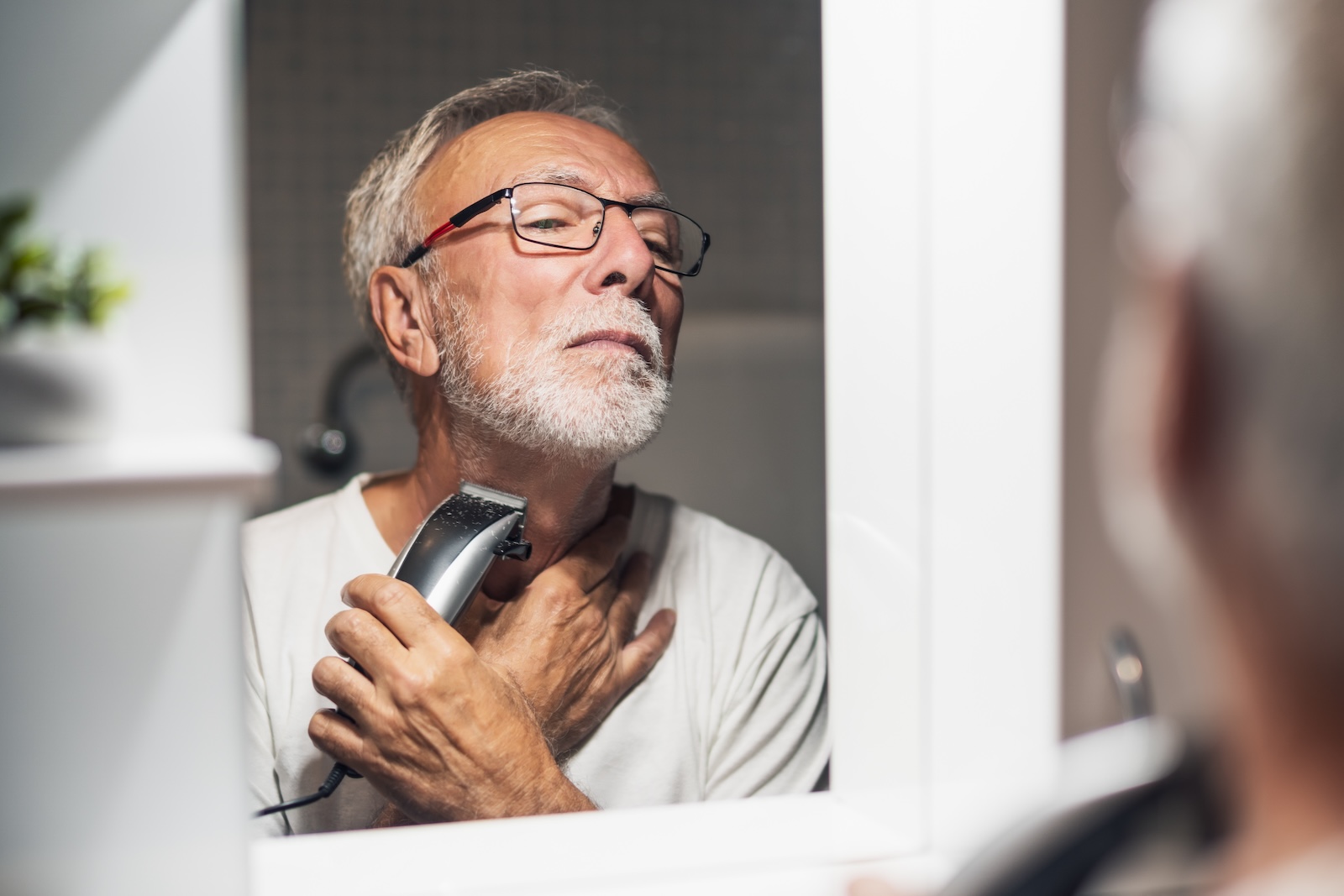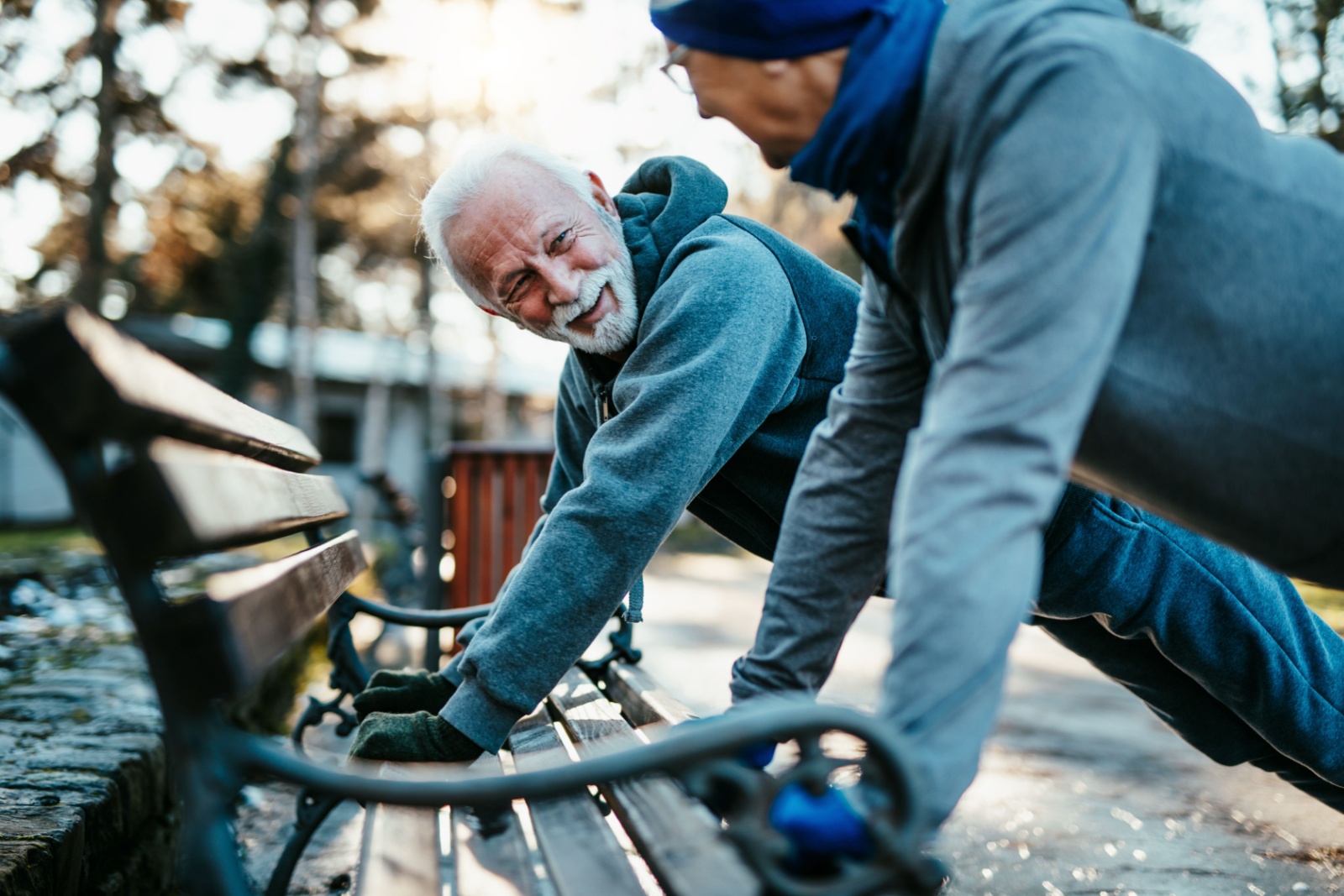Magazine
5 Tips on How to Prevent Pimples From Appearing

Have you ever wondered why pimples appear mostly on the face? There is no simple answer to that. The microbiome of the skin is super complex and there are many causes for acne. Scientists have managed to identify a bacteria which can cause acne and appropriately named it Propionibacterium acnes. The bacteria convert sebum into fatty acid and causes inflammation in the process. But this is only one in a long list of possible culprits. Breakouts are triggered by hormones, genetics, skin product overuse, puberty, pregnancy, humidity, diet… Millions everywhere are plagued by pimples on a daily basis. We are here to do something about it. Read on, to prevent pimples and take an anti-pimple stand!
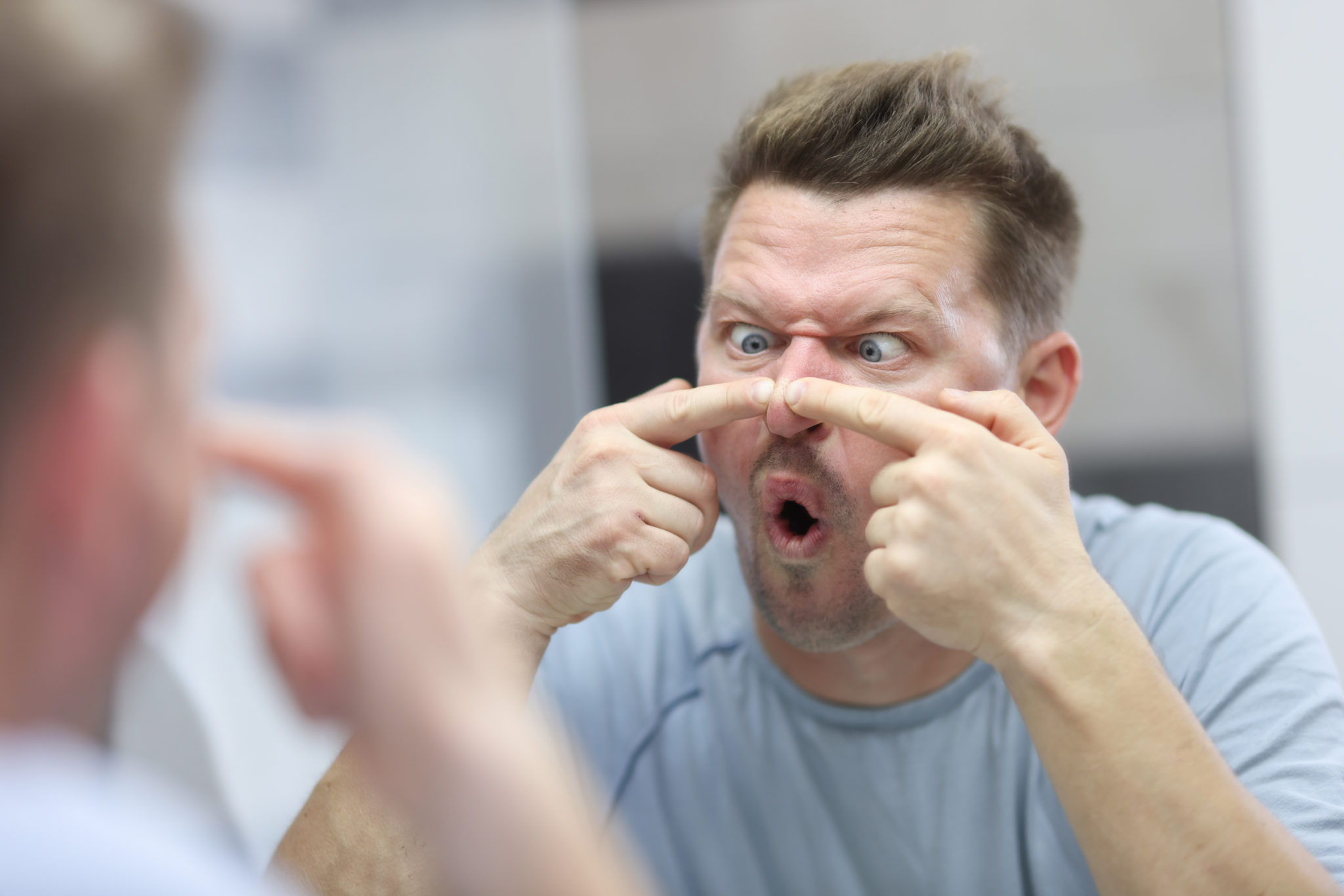
Prevent pimples and take an anti-pimple stand!
Keep Skin Clean
Keep your skin clean to help prevent conditions that are known to lead to acne. Washing daily removes excess oil, grime, and sweat. But it isn’t quite so pimple – we mean, simple. Washing your face may be trickier than you think. Too much washing may even make acne worse. Especially if you use hot water. What you should do is wet your face with warm water. Then, apply a mild fragrance-free cleanser, rinse and pat dry. Avoid washing, drying, or scrubbing excessively.
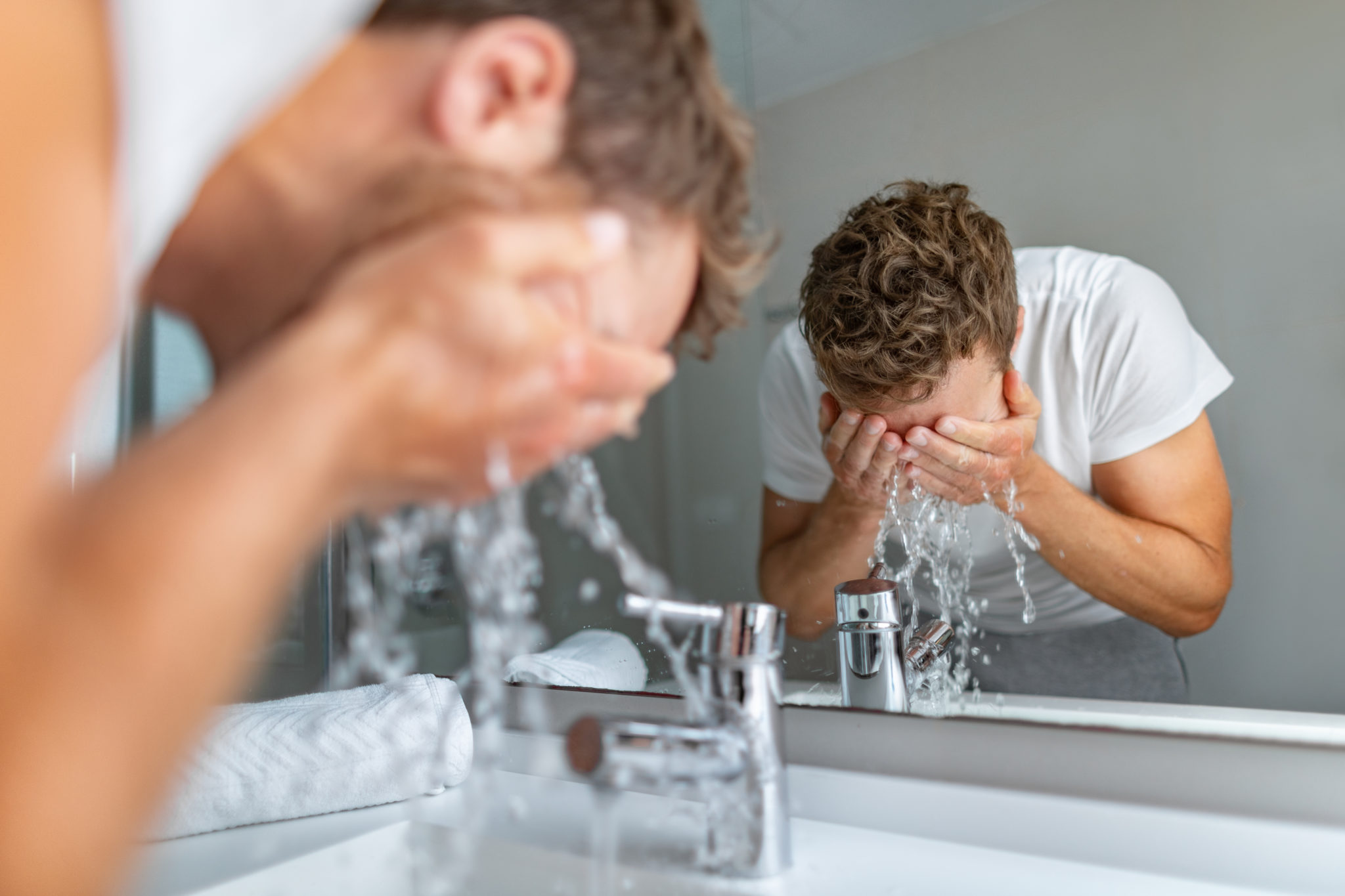
Washing daily removes excess oil, grime, and sweat.
Know Your Skin
To prevent pimples, skin awareness and skin literacy is vital. You need to know your skin type, to be able to choose the most suitable products. You can consult a dermatologist, or run a preliminary check using the following criteria. If your skin type is dry it will feel flaky and tight to the touch. However, if you have oily skin, it tends to look shiny by the end of the day. If you have both dry and oily areas, your skin type is called combination. Sensitive is what you call skin that’s easily irritated and prone to redness.
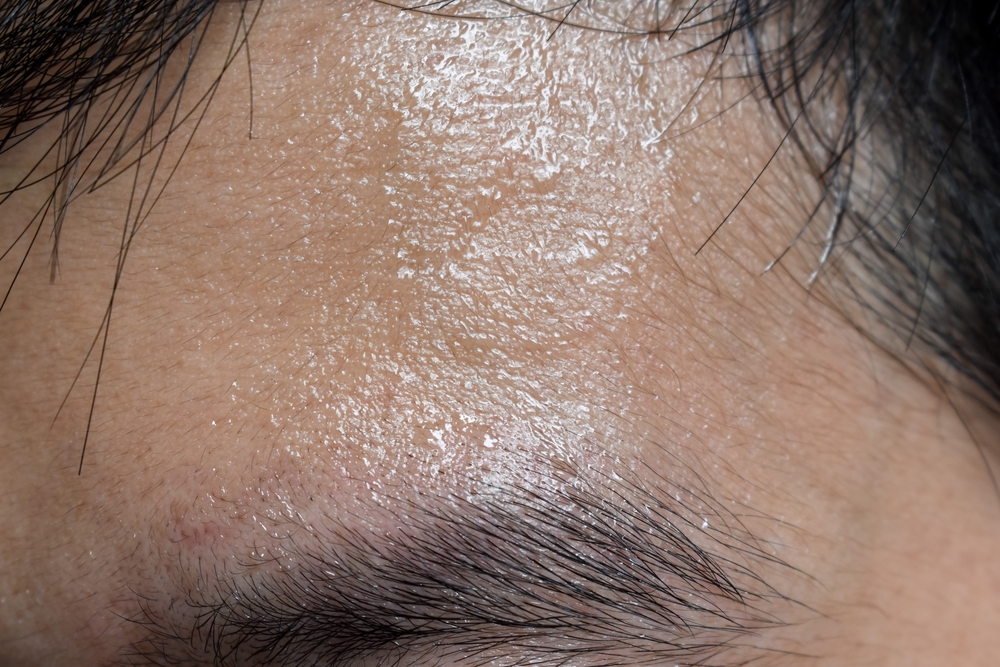
If you have oily skin, it tends to look shiny by the end of the day.
Know Your Moisturizers
To prevent pimples, knowing your skin type is vital when choosing your products and skin regimen. How tough can you afford to be with your pimples? Moisturizers may contain oil, artificial fragrance, sulfate, and other irritants which could only make things worse. It’s wise to take a look at the ingredients of a moisturizer before purchasing. In general, the fewer ingredients in a moisturizer, the better, to make sure it’s noncomedogenic and suits your skin type. So choose your moisturizer wisely.
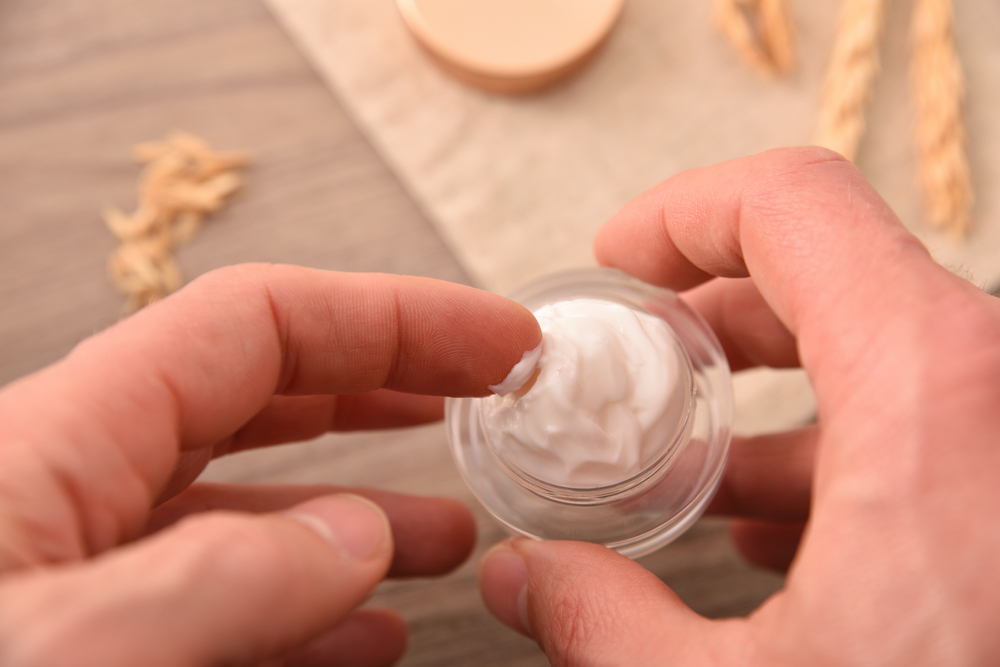
So choose your moisturizer wisely.
OTC Treatments
Over-the-counter acne products can help treat and prevent pimples. But it’s important to make sure you don’t overuse them in your desire to get rid of the red plague. Excessive use can cause irritation, dryness, and redness. The best practice with OTCs is to follow the manufacturer’s usage instructions. Like with moisturizers, it’s also a good idea to know something about the active ingredients of OTCs. Among the most common are Benzoyl peroxide, Salicylic acid, and Sulfur. For best results, you might want to consult a dermatologist and have him advise you on OTCs and their active ingredients.
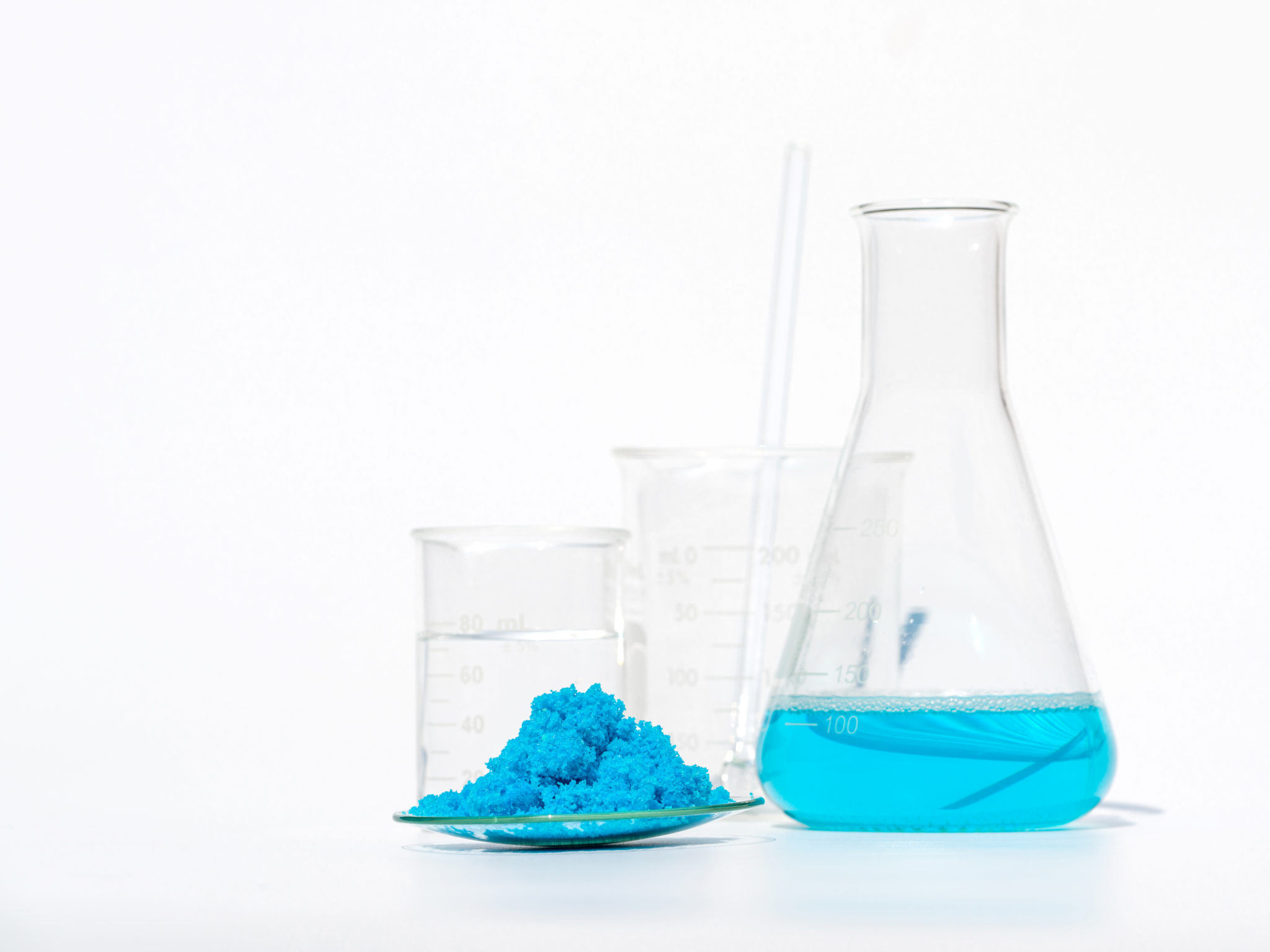
For best results, you might want to consult a dermatologist.
Diet Right
If you are going to prevent pimples, you better diet right. While there isn’t a clear-cut connection between foods and acne, a growing body of research suggests some foods are potential culprits. Some foods may serve as acne triggers for specific individuals. Others are potential pimple triggers for everyone. Foods like cakes, pies, and cooking are high in carbohydrates and sugar and are at the top of our pimple suspects.
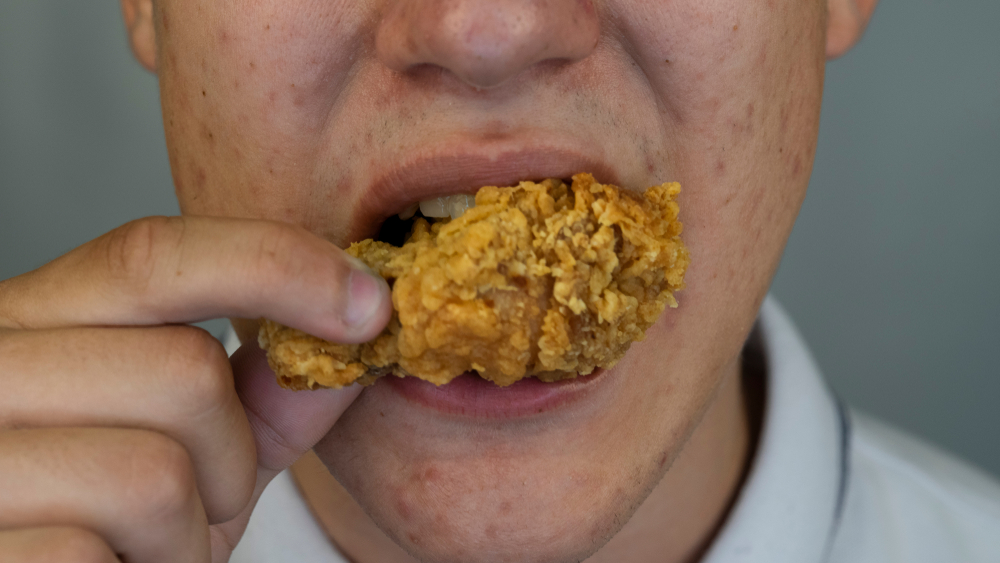
Some foods may serve as acne triggers for specific individuals.
Conclusion
Acne and pimples are not synonymous. Acne is a skin condition and pimples are the symptoms. Different symptoms mean different underlying causes. Blackheads indicate plugged surface pores and whiteheads indicate the blockage of pores beneath the surface. Papules are small red bumps and pustules are papules with pus. Nodules and cysts are both indicators of problems painful under the surface of the skin. For best results in treating or preventing pimples, it’s important to correctly identify the symptom and the underlying problem. Live a pimple-free life!
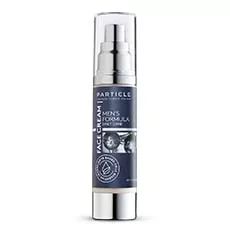
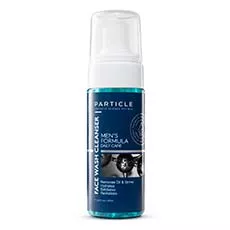
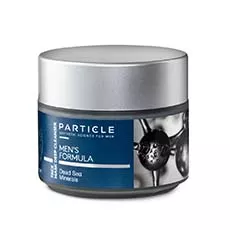
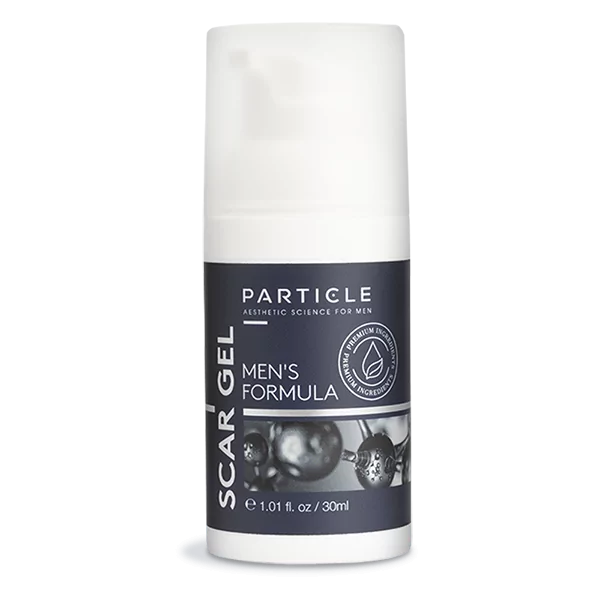
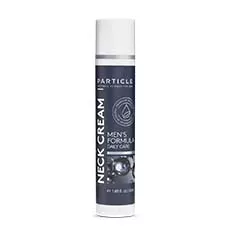
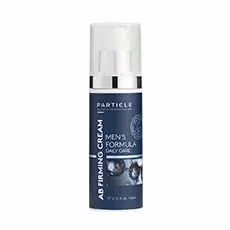
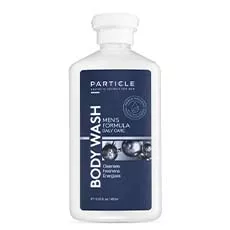
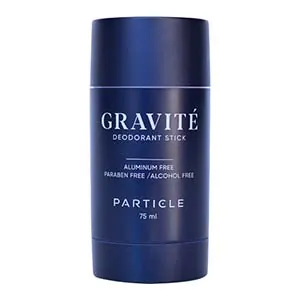
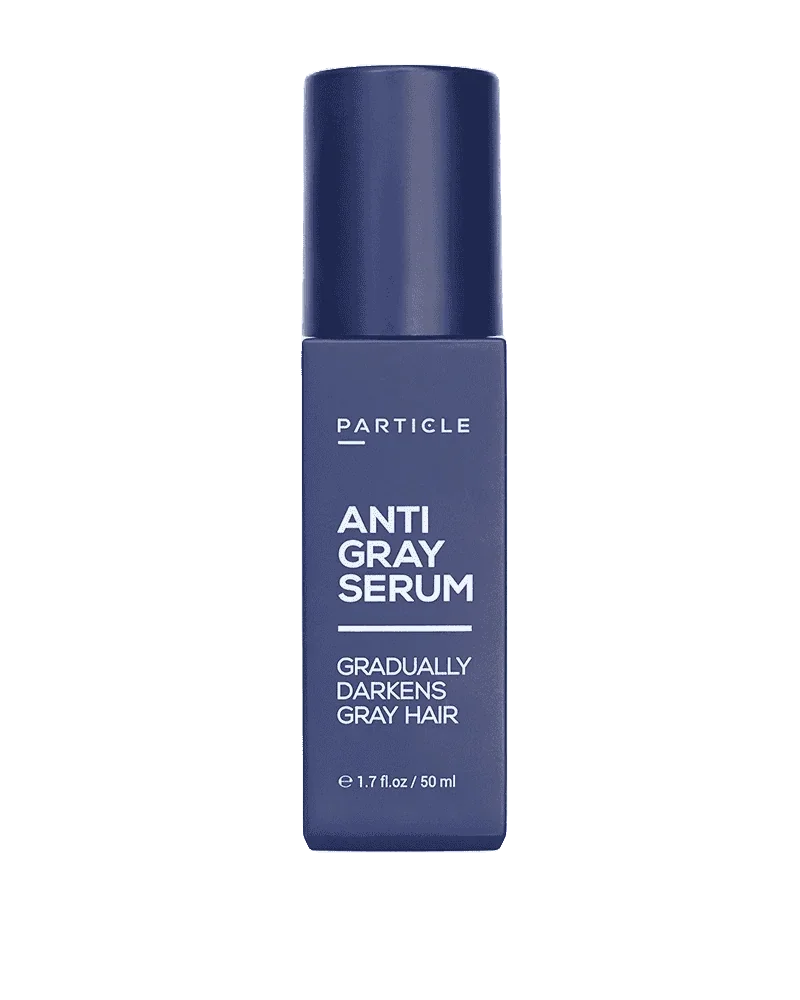
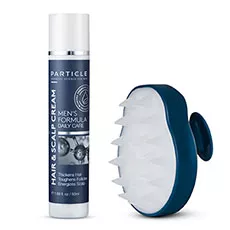
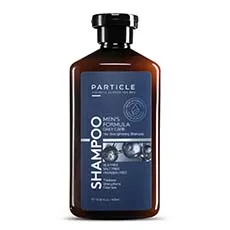
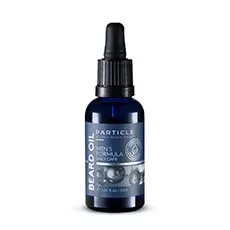
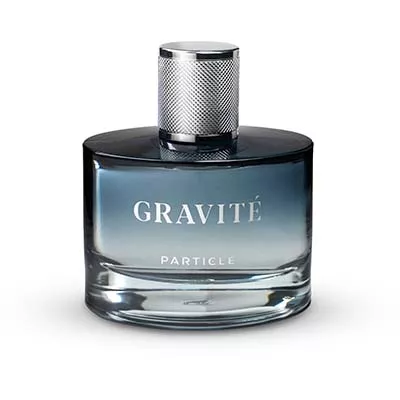

 gb
gb













